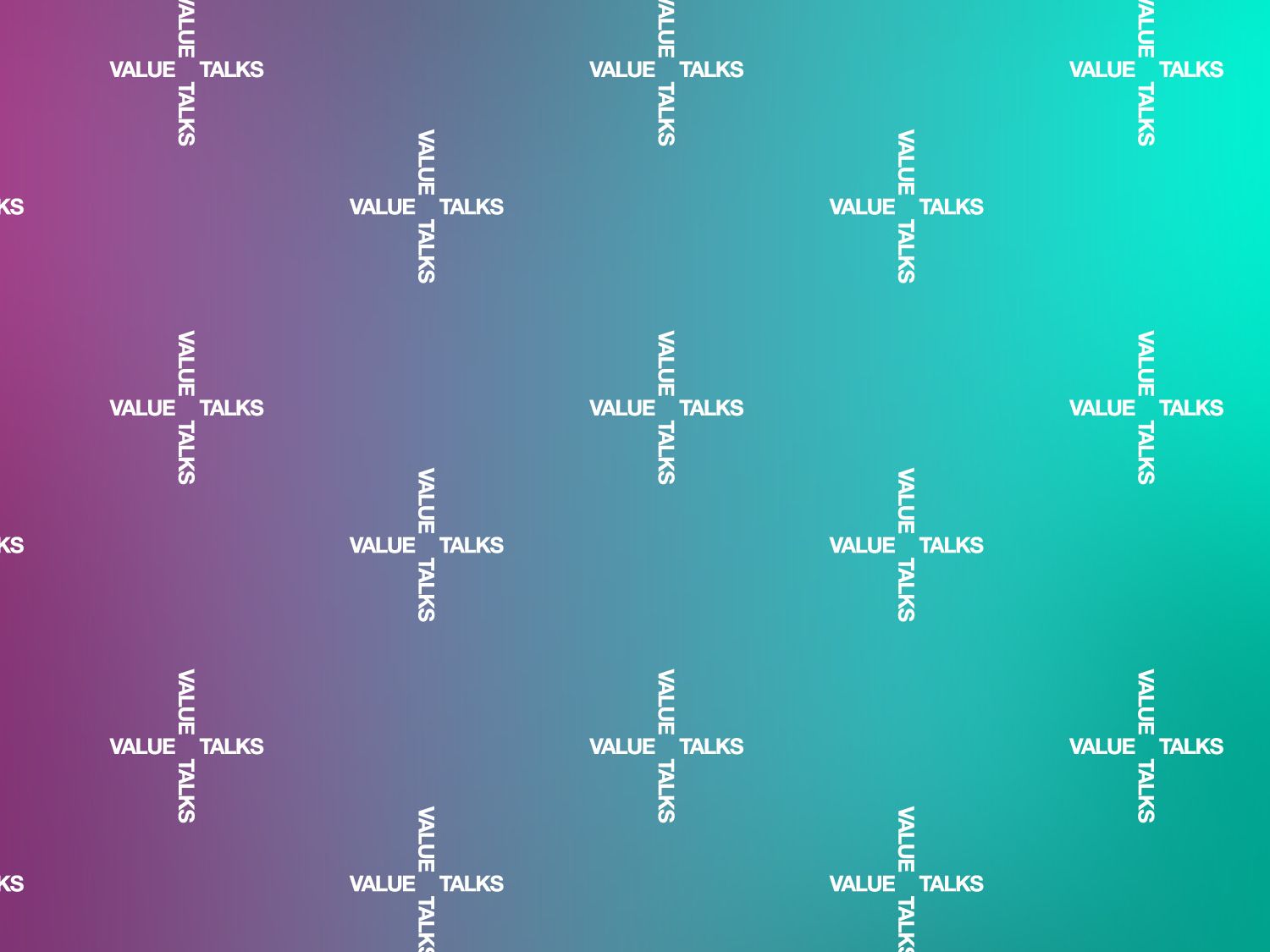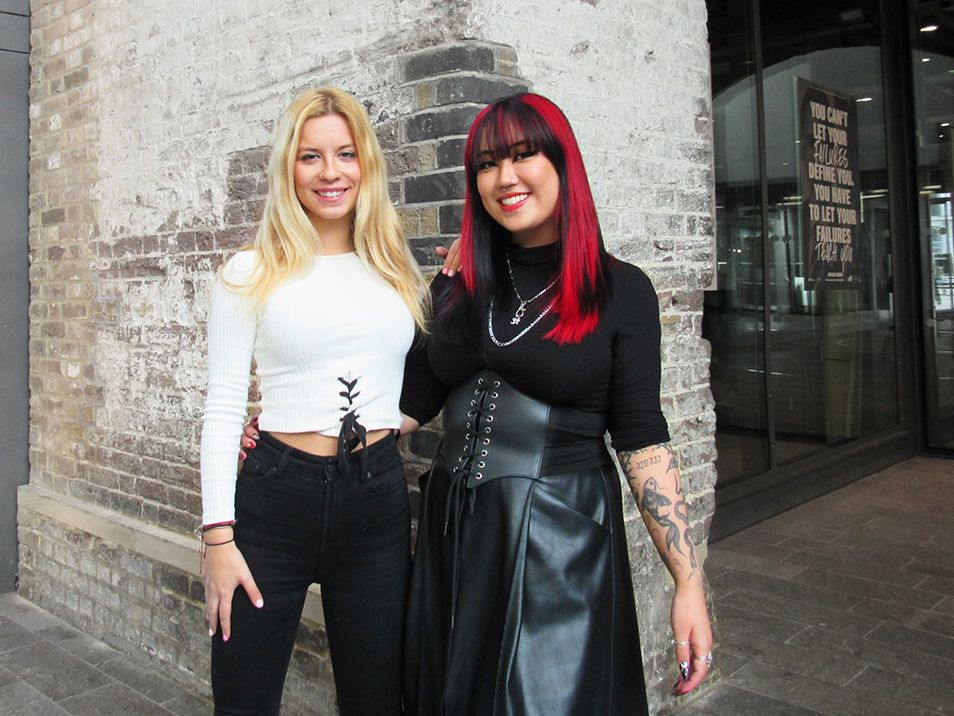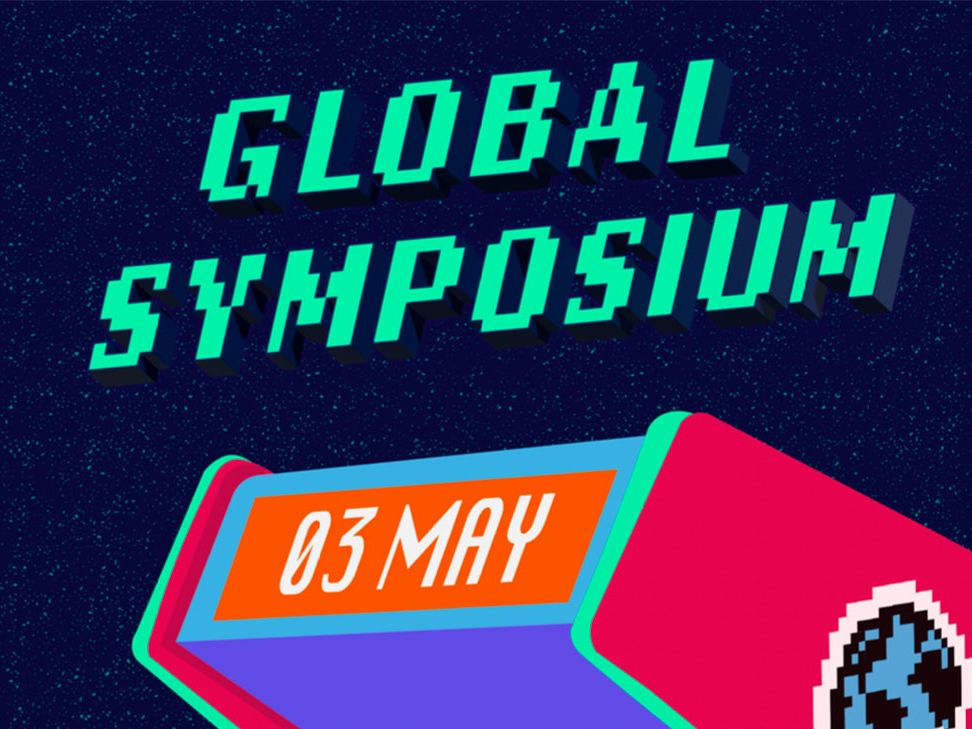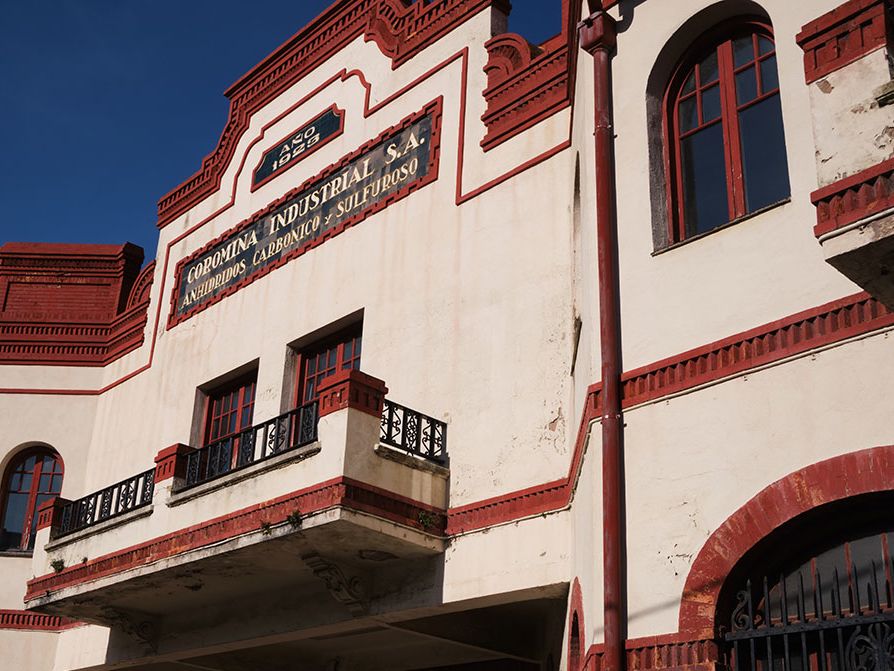
BA (Hons) Public Relations students develop campaign concepts through international collaboration project, PAROLO
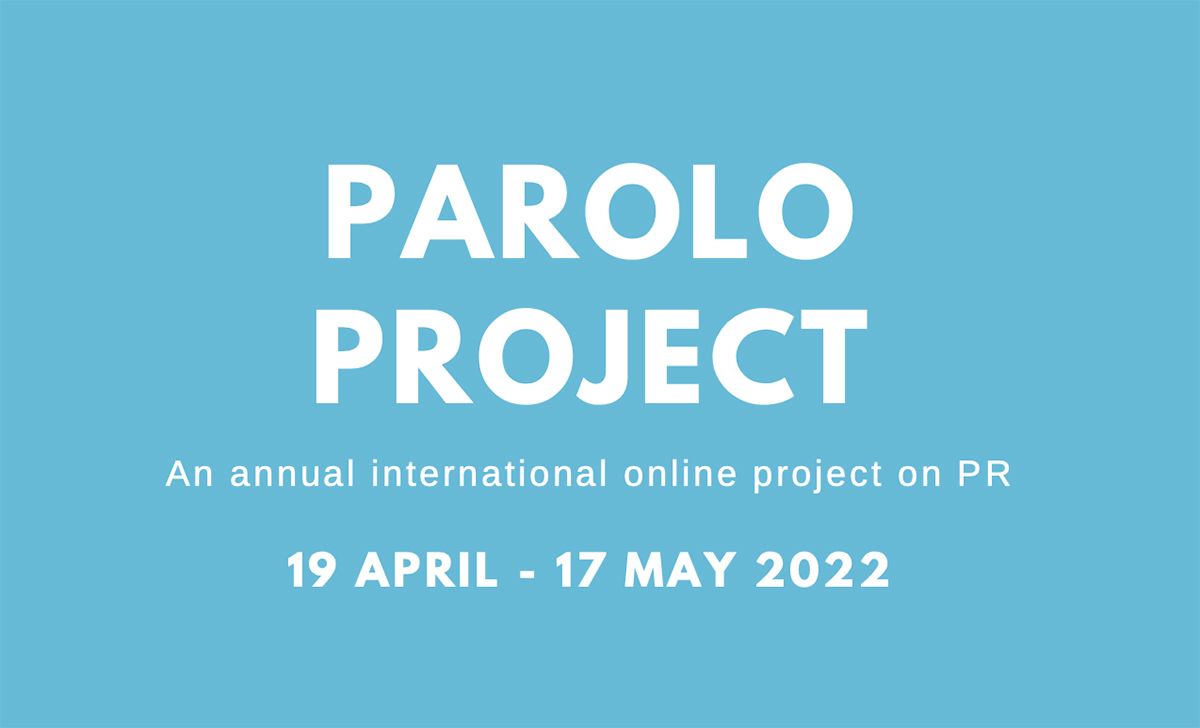
- Written byChloe Murphy
- Published date 18 April 2023

Public Relations (PR) has an intrinsically international outlook. Connecting audiences, stakeholders and collaborators across cities, countries and continents, the practice of PR pushes boundaries and develops solutions to complex challenges faced by a range of diverse communities.
At London College of Communication (LCC), our courses are designed to respond to an increasingly globalised world in which innovative ideas are both shared and generated across borders. In 2022, students on our BA (Hons) Public Relations course were invited to participate in an exciting cross-cultural project that not only enabled them to put their academic skills into practice, but also to form connections with fellow communications students in France and the Netherlands.
PAROLO brought LCC together with École des nouveaux métiers de la communication (EFAP) and Rotterdam University of Applied Sciences (RUAS) as students were tasked with developing their own concept PR agencies in response to a live client brief developed with senior PR consultant and inclusion changemaker Kamiqua Lake who founded both her own strategic communications and inclusive business consultancy, COLDR, along with the UK Black Comms Network.
Over the course of 5 weeks, students collaborated online in small groups to pool ideas, develop strategies and prepare a final presentation that demonstrated their thinking and proposed PR solutions – all complemented by their very own distinctive corporate identity. Throughout the process, students were supported by weekly tutoring sessions alongside 2 coaching sessions with supervisors from the participating universities.
Projects were then judged against a range of criteria designed to mirror those of professional pitching sessions, which ranged from the presentation of a distinctive corporate strategy and identity (‘Big Ideas’) to distinguishable tactics, a visually appealing slide deck, and an overall catchy and persuasive pitch.
While members of the winning team were awarded with medals to commemorate the experience, all participating students completed the project with a range of enhanced skills and experience beyond their area of specialism – growing their connections and understanding of the international communications landscape..
“Mixing both strategic thought and creativity”
Dr Raluca Moise, Associate Lecturer on BA (Hons) Public Relations and Lecturer in Communications and Media at LCC, explained that PAROLO offered an opportunity to combine academic concepts with creative ideation.
“PAROLO is an international collaborative project between London College of Communication, Rotterdam University of Applied Sciences and Ecole des nouveaux metiers de la communication. Students in Media and Communications from all 3 universities formed work groups and were tasked with solving a real-life brief. Over 5 weeks, they worked together before pitching their solutions in front of the client.
"Having the opportunity to collaborate with students from other universities enables LCC students to gain different experiences and forms of knowledge. Their passion for public relations has enabled them to mix both strategic thought with creativity, and this unique combination has made their contributions quite distinctive."
Découvrez l'EFAP | Ecole des nouveaux métiers de la communication
“Setting an example for many professionals”
Karine Gautier, Director of International Relations at EFAP, highlighted the fact that the project provided a catalyst for students to expand their understanding beyond their area of specialism.
“Each year, EFAP students have to participate in a case study called ‘Battle’. They enjoy challenges, so when we began the PAROLO project with RUAS and UAL, it was an opportunity to give them a bigger challenge with international and intercultural dimensions.
“Working across 5 weeks, the project brought together 3 institutions across 3 countries to create a real PR campaign with mixed teams of international students. PAROLO offered a great opportunity for our students to increase their English language skills, along with their experience of working with students from other cultures online.
“I think its lasting impact will be to show that international digital projects provide real added value: not only for the student experience, but also for their future employability.”
Monique Addenbroek, Academic International Coordinator at Rotterdam University of Applied Sciences, emphasised the importance of collaboration in enhancing the impact of creative education on a broader scale.
“In today’s world, it’s indispensable that students have knowledge of - and experience with - international developments in the field of work. Hence, in Rotterdam, we tell our students that they have to work on their global mind and soul. One way to do this is, of course, doing an internship or exchange abroad; however, we all know that this is not the most affordable and thus inclusive option for all students.
“On the contrary, virtual projects like PAROLO are very accessible, and although the experience is not as immersive as travelling abroad, it remains a very valuable and insightful opportunity. Students from different nationalities and cultures who may not speak the same language learn how to collaborate and - in the most fortunate scenario - encounter cultural challenges that they need to develop solutions for.
“I think the biggest highlight of the project was the smooth way that the participating students who had never met before began working in teams to form an agency that could deliver spot-on advice for the client. In many ways, I think that they set an example for many professionals!
“On a personal level, the students were also able to exchange broader information unrelated to the project, so they could learn about different educational systems and the unexpected things they have in common.
“I hope that after having participated in the project, the students will be more aware of how cultural differences can influence the way they work and think, and how this can enrich their own professional (and personal) development. If I dare to dream really big, I would say that in the end, projects like PAROLO can foster mutual understanding and hence a more peaceful world…”
Nice to meet you Rotterdam | Rotterdam University of Applied Sciences
"Creativity, logic, theory and strategy"
We chatted to one of LCC's BA (Hons) Public Relations students involved in the project, Radvile Mazutyte, about her experience of generating solutions to communications challenges, applying creative strategies to live briefs, and the benefits of international collaborations in enhancing both experience and perspectives in the field of PR.
Tell us about your creative practice.
When faced with a task, I try to look at it from different perspectives, and consider which areas I’m more useful in or stronger at.
It doesn't matter if it's a creative or a theory-based task: I try to find a balance and look at situations holistically.
Why did you decide to study PR at degree-level?
I’ve always been interested in people, especially their behaviour. I believe that each person is unique, and finding a way to one's heart requires similarly unique communication solutions.
Public relations is about exactly that: it consists of creativity, logic, theory and strategy elements, which is why I chose to follow communication studies while specialising in PR.

How did you first find out about PAROLO, and why did you decide to get involved?
I found out from my tutors, who introduced us to the objectives of the project. I thought that it would be a great opportunity to test my knowledge and capabilities with a client by working on a real communication challenge.
What role did you play in the project?
I was mainly responsible for researching the company's current strengths, weaknesses and possible issues that might cause communication problems.
I also paid a considerable amount of attention to the generation of ideas and overall quality control since the other members of my group were from a wider range of communication courses, and the task required more technical knowledge in the field of PR.

How did you spark your initial ideas before developing them further?
We had many discussions and negotiations within the group, and we tried to ensure that all members could express their thoughts.
In terms of the entire workflow, I was the one who took a more strategic view of all the ideas that came up to make sure we were following the strategic PR planning module and doing the work consistently.
I also contributed creatively through the development of both the name and brand of the group's agency because I had considerable experience using Adobe programmes.
What were your highlights of the project?
I think that the experience I gained is extremely useful and valuable. I had to express myself in many ways, and it provided an opportunity to use my existing theoretical knowledge and even Adobe skills.
Additionally, I learned what it means to sell your idea to a client and how to convey it using pitching techniques, and it was also interesting to see how students from different universities approached the same task.

What have you most enjoyed about your time as an LCC student so far?
I could distinguish LCC by the fact that we have a lot of freedom to express ourselves as future PR practitioners.
I feel great encouragement from my tutors to develop creative ideas, to not be afraid to take risks, and to be bold.
What tips would you give to prospective students who are interested in your field?
Be open-minded and creative, but at the same time, rational and disciplined.
It might take time before you can dive into the fun ahead; however, PR is immensely diverse and has more exciting layers than you might think.
Related links:
- Explore the work of EFAP and Rotterdam University of Applied Sciences.
- Find out more about our BA (Hons) Public Relations course.
- Learn more about the work of our International Team through LCC Global.
